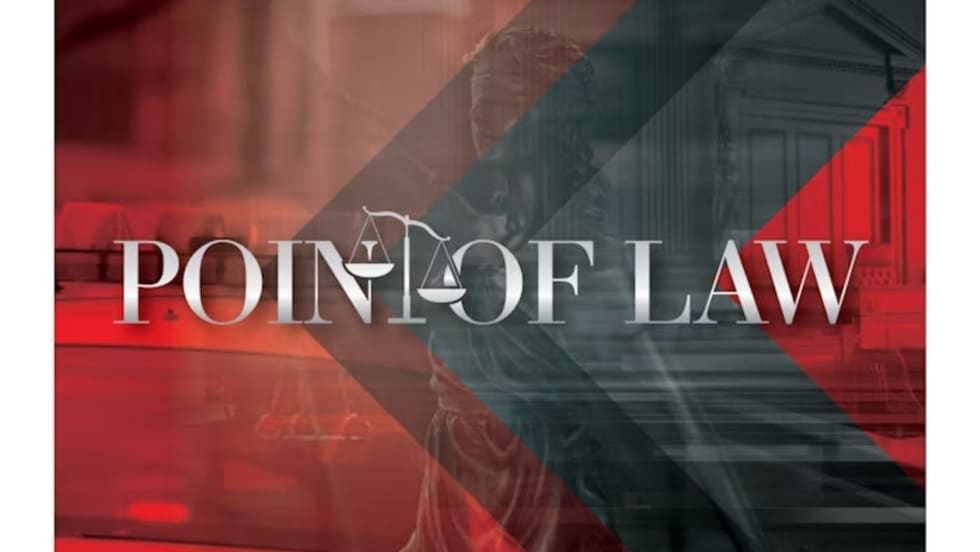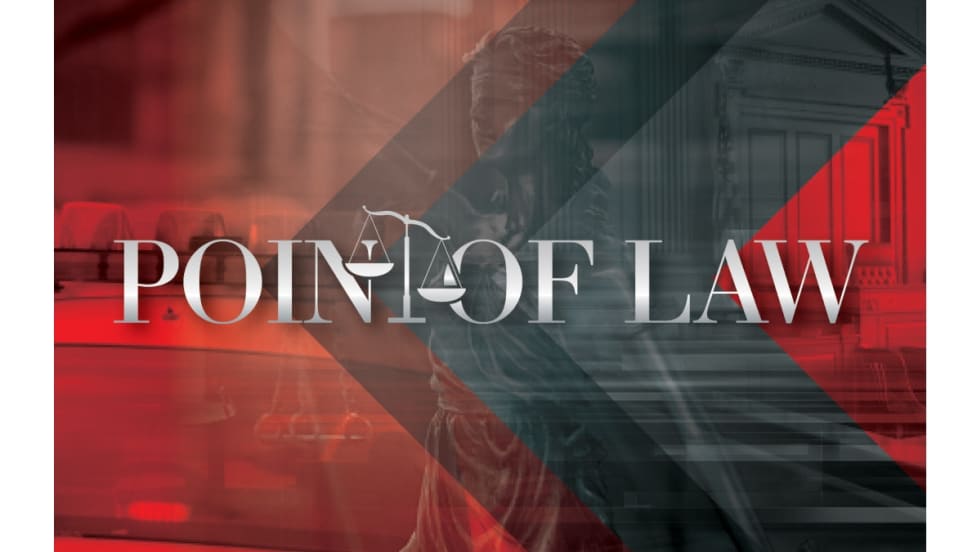Since he was appointed to the nation’s top law enforcement job by President Biden earlier this year, Garland — a former federal appeals-court judge and Supreme Court nominee — has launched sweeping “pattern or practice” investigations of police departments in Minneapolis, Louisville and Phoenix.
Such probes can result in federal intervention, in the form of a court-approved consent decree that sets a detailed reform plan. Local political leaders, police chiefs and law enforcement unions have complained that the plans often stretch on years longer than anticipated, harming police morale and frustrating community residents.
Monitoring teams — usually composed of former police officials, lawyers, academics and police-reform consultants — have typically billed local taxpayers between $1 million and $2 million per year. Some consultants have served on federal oversight teams in more than one city at the same time, drawing criticism over conflicts of interest.
The Department of Justice said in a press release:
“The department has found that – while consent decrees and monitorships are important tools to increase transparency and accountability – the department can and should do more to improve their efficiency and efficacy,” said Attorney General Garland. “The Associate Attorney General (Vanita Gupta) has recommended – and I have accepted – a set of 19 actions that the department will take to address those concerns.”





